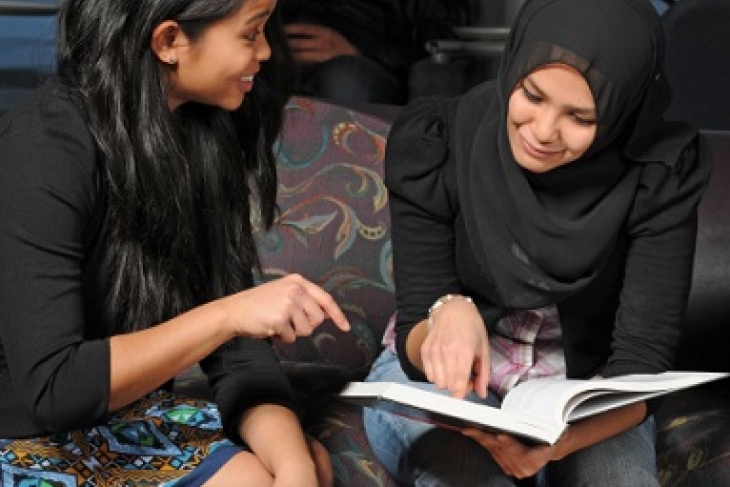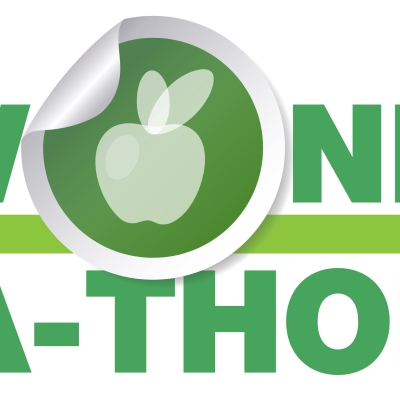Here at Fordham, you can usually find us gleefully dinging New York City Mayor Bill de Blasio on his education policies. When he was first pushing his universal pre-K initiative a few years back, we argued that he should have tailored the program more narrowly to the kids who needed it most. And please don’t get us started on hizzoner’s ill-advised tussle with Eva Moskowitz and high-performing charters. But that’s the duty of a gadfly: to have fun critiquing powerful figures when they veer off course.
Now I’m doing the opposite by unhappily conceding that de Blasio is absolutely correct, at least on one issue. It doesn’t particularly grieve me to find myself in agreement with the mayor personally; I’m just deflated about the issue of our concurrence—namely school safety. The mayor is obviously and tragically right that private and religious schools should be afforded public funds to pay for security personnel. The city council made the right decision in passing a bill that would make $20 million available for that purpose, and de Blasio deserves credit for lending it his support.
In an ideal world, education commentators—to say nothing of the students whose interests we try to promote—would be able to whistle safely past the question of security on schools. There are enough structural and pedagogical matters to monopolize our attention without ever lifting up that rock. Regrettably, we don’t have that luxury. No one needs to be reminded of the climate of violence that seems to dominate our present historical moment, or the ways in which that violence has tended to be inflected by religion.
As with any legislation funneling public funds into private coffers, the proposal isn’t lacking for critics. “We have every confidence that the N.Y.P.D. can figure out how to provide adequate levels of protection without this mandate, which is really yet another mechanism to provide government funding for religious education,” the director of the New York Civil Liberties Union has complained. The organization is obviously within its bailiwick in protesting a perceived subsidy for parochial schools, but this is a ludicrous notion. Though its members are capable and numerous, the N.Y.P.D.’s School Safety Division can’t guarantee the security even of the many schools in which it already maintains a presence, as the New York Department of Education’s own listings of persistently unsafe schools make more than clear. (It should be noted that the city has additionally come under fire for underreporting these numbers to the state.) And Police Chief William Bratton has likewise confirmed that he has “other priorities for how I would assign resources, rather than to the assignment to private schools.”
These reservations were part of the reason that the mayor opposed the bill in its original form, which would have spent roughly twice as much to place unarmed N.Y.P.D. agents in private schools. This version instead provides for privately contracted employees from a “state licensed security guard agency.” In addition to a wide swath of spiritual leaders, it also garnered the backing of nearly every city council member, the city comptroller, the public advocate, and several borough presidents.
Over 240,000 students in New York City attended non-public schools in the 2013–13 school year, accounting for nearly one-fifth of the city’s students. Those private institutions range from the Uptown enclaves of Dalton and Brearley to the Orthodox schools in Brooklyn. Notably, the bill’s the city council originator represents a neighborhood that is home to countless yeshiva students and their families. These New Yorkers aren’t strangers to sudden violence, and recent examples abroad have given us nightmare scenarios to consider with even greater concern. Are these citizens—along with those attending Catholic and Islamic schools, whose representatives have also come out in favor of the initiative—not entitled to the city’s provision of security?
New York already takes steps to keep its religious students safe, like footing the bill for transportation and crossing guards. This measure represents a sensible next step in the effort to make equal public resources available to all. Cardinal Timothy Dolan probably said it best: “When it comes to the safety of the children of our city, there should not and cannot be a preference for one population of students over any other.”

